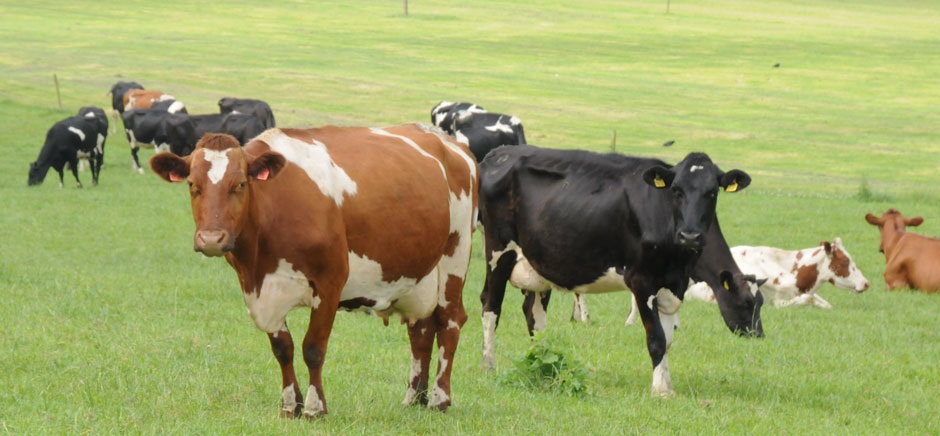
Vaccines for the livestock disease Bluetongue are now available across the UK, with supplies approved for use in veterinary practices from this week.
A high risk of Bluetongue exists due to an influx of infected midges being blown across the English channcel from France, where the disease is present.
The disease affects all ruminants, but particularly cattle and sheep. It poses no threat to human health and does not affect meat, milk or other animal products.
Vaccination is the best way to protect Britain's livestock, and farmers are being encouraged to talk to their vets to decide if the vaccine could help their businesses.
Simon Hall, the Government's Deputy Chief Veterinary Officer, said: "It's fantastic news that the vaccine is now available.
"This is the perfect time to talk to your vet as the vaccine is the only effective tool to prevent illness.
"I am urging our livestock farmers to keep an eye out for any signs of the disease and report any suspicions to their vet and the Animal and Plant Health Agency immediately, so we can work together to reduce the possible spread of Bluetongue this summer."
'Up to six weeks' for animal to be fully immune
The vaccination has to be given by injection twice (three weeks apart) in cattle and sheep, so it can take up to six weeks for the animal to be fully immune.
MSD Health signed an agreement with CZ Veterinaria S.A. to distribute its BLUEVAC BTV8 vaccine throughout Great Britain and the vaccines produced by Zoetis, Zulvac® 8 Bovis and Zulvac® 8 Ovis.
Both suppliers are confident there is enough vaccine to meet demand so that all farmers who wish to are able to vaccinate their animals now in GB.
The Government has robust disease surveillance procedures in place and is working closely with the Devolved Administrations and the livestock industry.
Restriction zones are already in place in France, to control the spread of the disease.
If BTV was found in GB, similar measures such as movement restrictions would be put in place in line with the disease control strategies.
